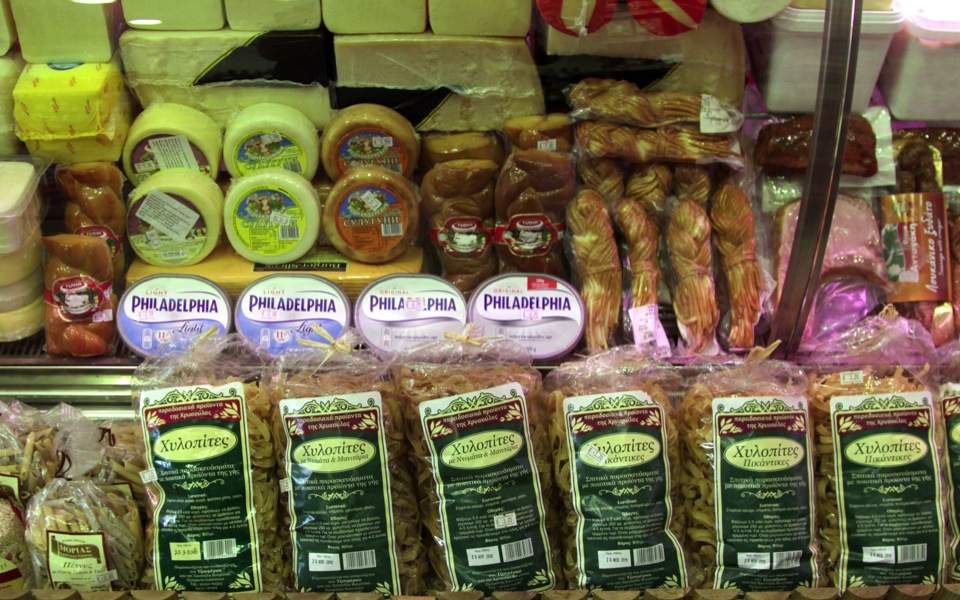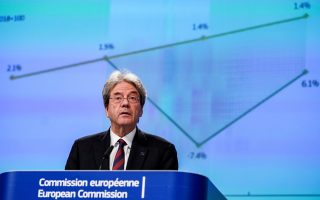Plea to contain price hikes
Finance Ministry calls on business to avoid the reproduction of inflationary pressure

In a statement on Monday revealing the government’s concerns about a new wave of price hikes, Alternate Finance Minister Thodoros Skylakakis issued a plea of self-restraint to entrepreneurs so that they do not pass on the increase in costs to consumer prices.
The market says that cost hikes will start to affect consumer prices as cheaper stock runs out. Skylakakis warned that this would increase the risk of a vicious inflationary cycle.
“Increases in the costs of fuel and raw material, which are currently generating significant problems, should be tackled with particular self-restraint regarding the carriage of the costs to consumer prices. Businesses should consider in their decisions the prospect of a period of dynamic growth that we will enter in 2022 and which will last for the next few years. We should in no way risk this by getting carried away in a vicious circle of inflationary expectations,” said Skylakakis while presenting the January-October 2021 budget data.
The government continues to believe that the inflation resulting from global rates has a short-term character, but it is also worried about possible inflationary expectations that could prolong the phenomenon. Alongside the fiscal problem (due to the high debt) and the pandemic, which could generate negative expectation, these are the three main fronts of the country’s economic policy, a senior ministry source said on Monday.
Nevertheless, for the time being, online transactions in October and early November have been quite encouraging, as they are showing a 35% increase compared with the same period in 2019.
The final budget draft that the government will table on Friday will revise this year’s growth projection from 6.1% to around 7%, broadly in line with the European Commission forecast of 7.1%.
The same ministry source did not rule out any emergency measures for households and enterprises hurt by the pandemic, while rejecting the term “social dividend,” as there is no surplus to be distributed.





